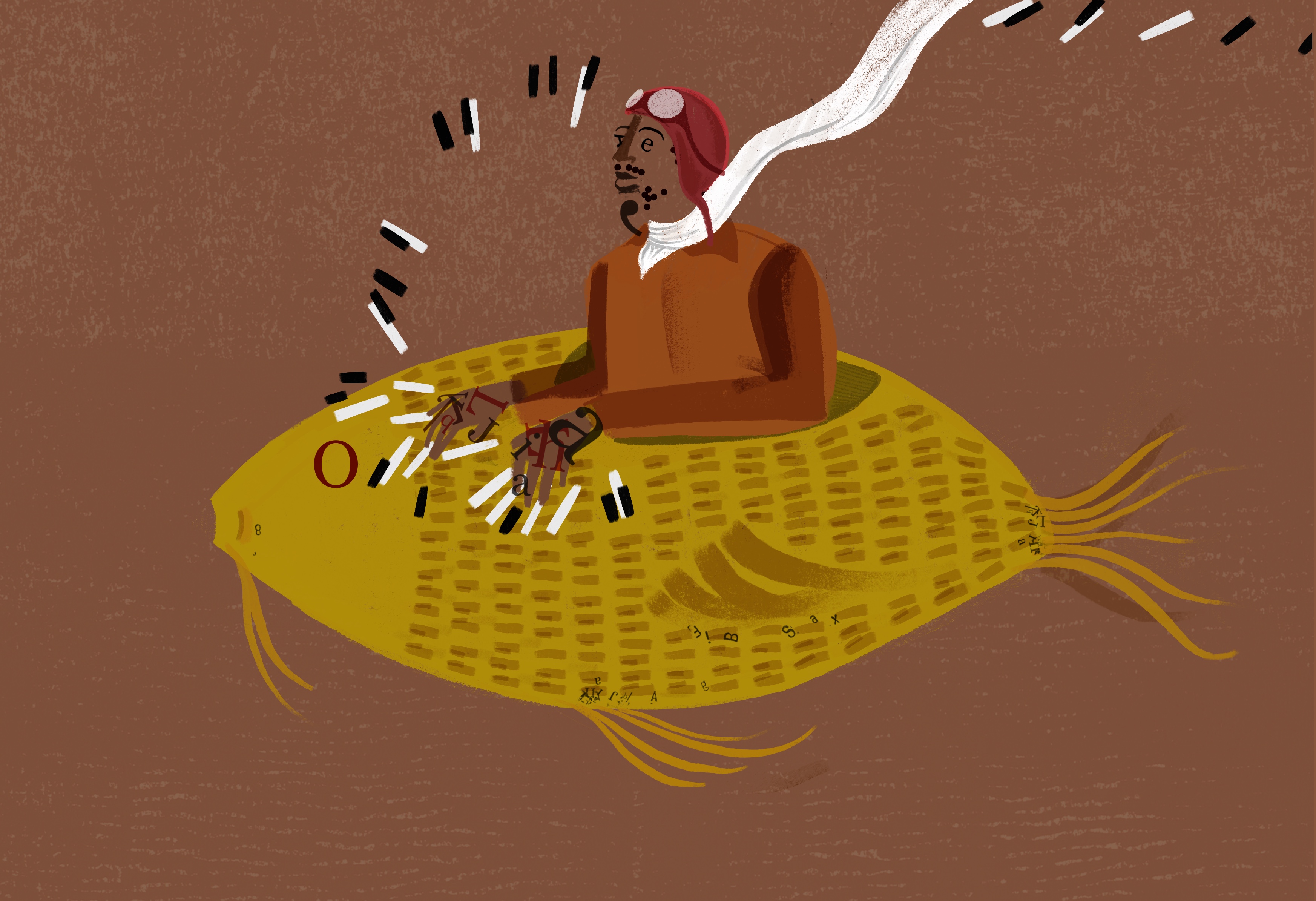By clicking “Accept All Cookies”, you agree to the storing of cookies on your device to enhance site navigation, analyze site usage, and assist in our marketing efforts. View our Privacy Policy for more information.
"Humility is admitting that I don’t know the whole story. Compassion is recognising that you don’t know it either."— Anon


Compassion, along with empathy, have become common topics of TED Talks and self-help books, even now becoming recognised as more effective managerial tactics in companies than toughness.
While we might look at these as yet another fad, there is a growing body of scientific research that shows that compassion has an evolutionary purpose and has a positive impact on our physical and mental health.
In a conversation between neuroscientist Sam Harris and Neurosurgeon James Doty, on the power of compassion, Doty says “we know when you’re of service to others, when you give to others, when you care for others, it has a profound positive effect on your physiology. … It decreases your stress hormones, decreases the creation of inflammatory proteins, it improves your cardiac function.”
Doty, who is also the founder of the Center for Compassion and Altruism Research and Education at Stanford University in California, says it’s caring for others that has allowed us to survive as a species, and that compassion can have a transformational impact on society today, especially where there is great inequality, “there is a fundamental need for a compassion revolution,” he says, “where we look at every [aspect] of society and try to create a kinder gentler society.”
To better understand how we can think about compassion in a more practical sense for our work and organisations, we need to be clear about what it actually means and how it differentiates from other feelings, such as empathy, sympathy, or even pity.
At one end of the spectrum, we have pity, which is an emotion often elicited in mainstream media or charity fundraising campaigns. Pity, Doty says, is “about being superior, the person who feels pity towards someone does it from a position of superiority. You might feel bad for someone, but it won’t mean you’ll do anything about it.”
Then we have sympathy which means we feel for someone, but again, this won’t necessarily lead to any action on our part. Empathy, which is often used interchangeably with compassion, is taking on the emotional state of another, like sharing in someone’s pain. This can be sadness, but it can also be joy, for example.
Compassion, however, goes further than empathy because it asks us not just to feel or share someone else’s pain, but to do something about it. It’s a positive emotion and it’s a prosocial emotion.
But of course the willingness to do something that might alleviate someone’s suffering doesn’t mean we’ll necessarily do what is right. There is a tendency to assume that the mere fact that a charity exists is in and of itself an expression of compassion. But compassion has to permeate the work we do and how we do it. This means ensuring our actions are not based on our own limited understanding of a situation, but on what the situation requires.
Sam Harris makes this point in his conversation with Doty, where he suggests that taking on the emotional suffering of another, as your own, might cause you to no longer be able to respond effectively or think rationally about what would help. You can also feel compassion and not act out of fear - be that because of uncertainty about what you can do or lacking the courage to act.
So can we then learn to become compassionate? Before we can show compassion to others, we need to have compassion for ourselves. But, Margaret Wheatley writes, “self-compassion is not to be confused with self-love of the common self-help variety. We’re not trying to pump ourselves up so that we believe in ourselves. We’re committed to knowing ourselves so we can benefit others.” Knowing ourselves means we recognise we see the world through our own filters.
In some ways, compassion can only become an effective tool if we are already able to see clearly, to listen better, to be open to others with curiosity and to practice humility. It’s a tall order, and we won’t always get it right, but progress is not linear. And trying, at the very least, is a step in the right direction.
Words, Veronica Yates and illustration, Miriam Sugranyes

“But if you look at insurgencies around the globe in the last 200 years, there’s not a single one that doesn’t have its poetry. Just show me a movement that doesn’t have its poetry. If you show me one, I will eat my computer.” — Robin D.G. Kelley

Conversation (n.): oral exchange of sentiments, observations, opinions, or ideas; an informal discussion of an issue by representatives of governments, institutions, or groups.
